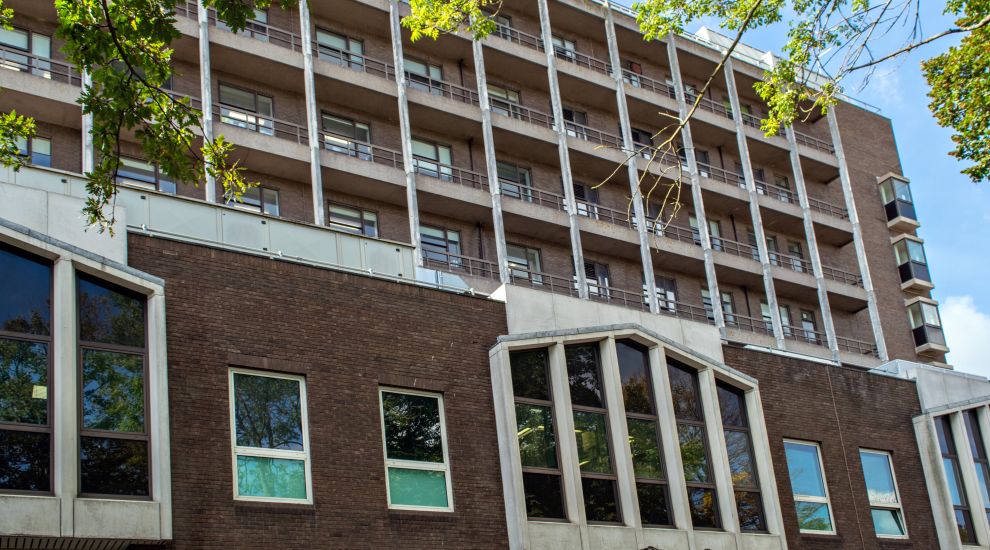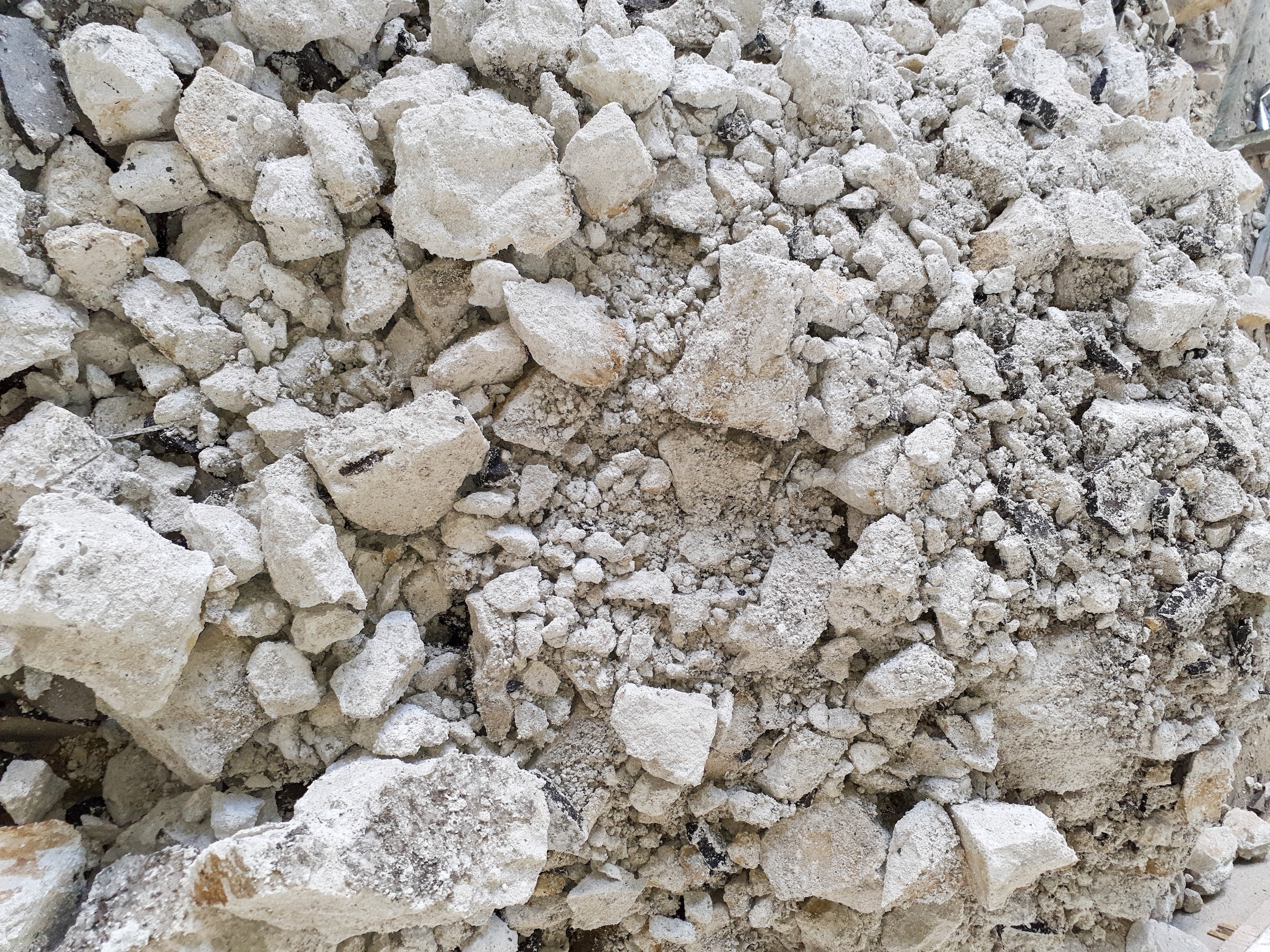


It is likely to cost over half-a-million pounds to reinforce Jersey's hospital against a dangerous concrete prone to sudden crumbling which was found in the building.
The Government confirmed at the end of last year that Reinforced Autoclaved Aerated Concrete (RAAC) was present in four areas of the General Hospital.
These are the Pathology Department, the ENT (Ear, Nose and Throat) Department, the Engineering Boiler House, and the Engineering Oil Tank Room.
It has now emerged that RAAC mitigation measures across these areas are expected to cost over £500,000. It comes after Express reported earlier this year how spending on maintaining the ageing facilities went over budget by £1.4m last year due to the volume of "pressing" issues.
And in 2022 alone, the General Hospital was diagnosed with more than 5,500 unexpected 'ailments', ranging from asbestos to fire safety issues.
The RAAC works sum was revealed by Health Minister Tom Binet following questions from the panel of politicians scrutinising the maintenance of the island's health facilities.
He explained that an independent structural engineer had undertook further detailed surveys of the General Hospital after the presence of RAAC was confirmed at the end of last year.

Pictured: Pathology has been identified as the highest risk area when it comes to RAAC.
At the time, the Health Department emphasised that there was no risk to patients or staff.
Chief Officer Chris Bown said: “At this stage we have been informed there is no need to instruct any closure or decant of services across the now confirmed three areas."
But the independent survey subsequently found that three of the four RAAC sites in the General Hospital were "red (high risk)".
Pathology – an area of the hospital focused on diagnosis – was identified as the "highest risk area", with mitigation works expected to cost £406,000 in this department.
Deputy Binet explained that a four-phase improvement plan is due to be completed in Pathology in September 2024.
He said: "This involves decanting the live pathology laboratories to temporary locations to reinforce above the existing ceilings and services."
Mitigation works in the two engineering locations where RAAC was found are also expected to cost around £50,000 each, bringing the total cost to over £500,000.
The RAAC in the ENT Department was identified as "green (low risk)", and merely requires "regular inspection".
"Planned preventative maintenance plans have been set up on the building management system for quarterly inspections [of ENT] by HCS Estates Engineering," the letter said.
RAAC is an “aerated lightweight cementitious material with no coarse aggregate" used to build roofs, walls and floors.
The material is known to have been used in schools and colleges and other public sector buildings across the UK, dating back to the 1960s but its lifespan is known to be around 30 years.

Pictured: Rubble from RAAC concrete. (Stock image)
The concrete is unstable because the air pockets inside it can collapse, causing the material to crumble, severely weakening any structures in which it is present. Reports suggest it becomes less stable as it ages and can be prone to collapse when wet.
In the summer of 2023, three UK schools experienced sudden roof collapses which were attributed to RAAC. At the time, the UK's Department for Education advised all education settings to close areas with RAAC.
RAAC found in three areas of Jersey's hospital – but "no need" for closures
Dangerous RAAC concrete believed to be found in Jersey's hospital
Comments
Comments on this story express the views of the commentator only, not Bailiwick Publishing. We are unable to guarantee the accuracy of any of those comments.